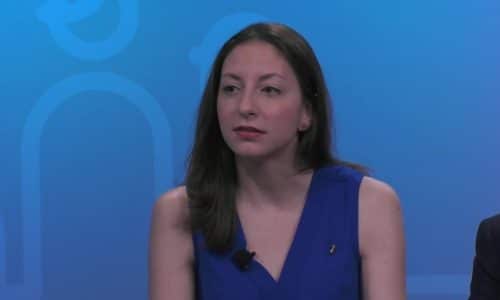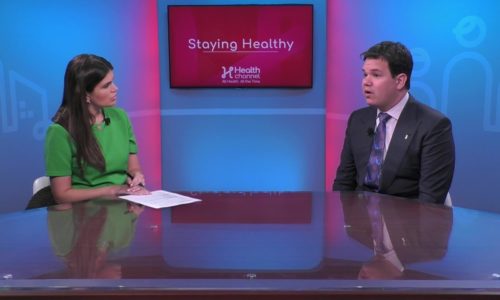Fertility and Age |
When does a woman start to lose her ability to have children? Dr. Robert Feldman, Chief and Medical Director of Obstetrics and Gynecology with Baptist Health South Florida, talks about this and explains some infertility lifestyle risks, such as smoking, sexual history, and alcohol.
Transcript
At what point does a woman start to lose her ability to have children Dr. Feldman so I think every every five years you see your fertility decrease so for example at age 20 your chance of getting pregnant probably 20% per month and that will decrease by the time you’re 40 to maybe 1 to 2% per month won’t you two percent and after 43 or 44 becomes extraordinarily difficult to conceive spontaneously but we’re living in an age with so many women are putting off pregnancy because of careers so are you often seeing women in their 40s come in looking to get pregnant very frequently we’ll see women 40 and above come in and asked about pregnancy and the biggest problem is the quality of their eggs is very poor and so their chances of fertility are very small and I think that the press does a disservice to women by talking about the movie stars or the grandmother who at age 50 got pregnant right and really what’s happening is those women are using somebody else’s eggs so yes they’re getting pregnant but it’s via in vitro fertilization so it’s maybe their partner sperm but it’s clearly not their genetic eggs now what are some lifestyle risk factors that might contribute to a woman’s infertility so I think certainly smoking alcohol obesity diabetes so certain medical problems as well as some of your lifestyle choices are these often spoken about when a patient meets with you and we go over maybe their their risk of infertility absolutely so ways it was a part of a full medical history we’ll find out about whatever a woman’s lifestyle choices are as well as those are for sexual partner by the same token if they do a lot of hot tubs high temperatures can inhibit sperm production and that can reduce fertility you.








